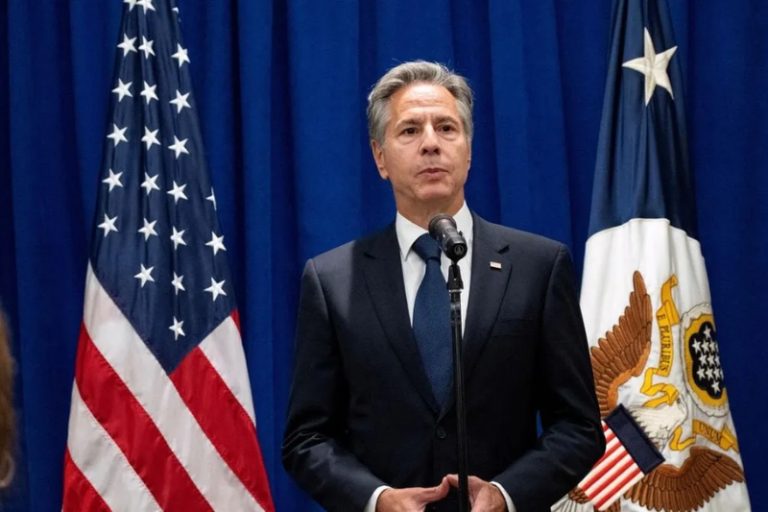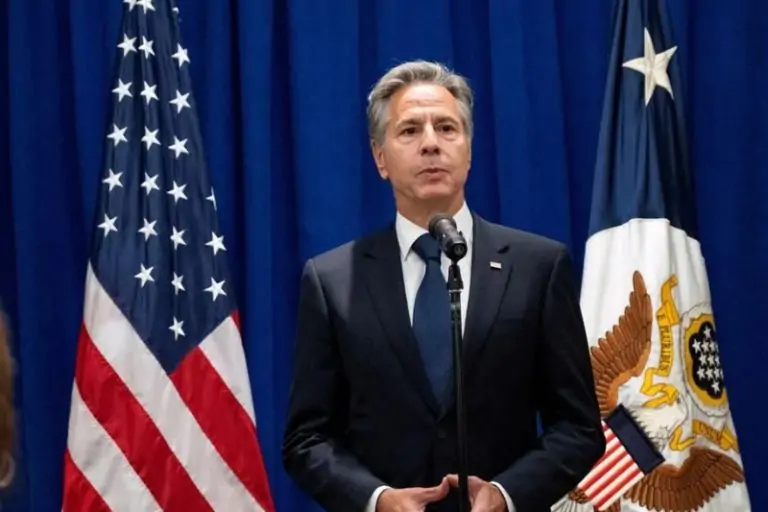

us visa ban upholding human rights in uganda and zimbabwe
In a significant move, the United States declared on Monday its refusal to issue visas to Ugandan officials involved in enforcing a contentious anti-homosexuality law passed in May. The legislation, which imposes severe penalties, including the death penalty, for violations, drew condemnation from the US Secretary of State, Antony Blinken, targeting Ugandan officials linked to the repression of marginalized groups.
The application of these sanctions would extend beyond current officials to former officials and their families, encompassing those identified as involved in targeting marginalized populations such as environmental defenders, human rights advocates, journalists, LGBTQI+ individuals, and civil organization leaders, as outlined in Blinken’s statement.
Vice President Joe Biden swiftly called for the law’s repeal upon its enactment, threatening US aid reductions and investment constraints in Uganda. The legislation penalizes individuals engaged in homosexual relationships or those seen to “promote” homosexuality, subjecting them to severe punishments, including life imprisonment or potentially the death penalty, despite the latter not being executed in Uganda for several years.
This move by the US aligns with its historical stance on human rights, with similar actions taken in Uganda a decade ago leading to the revocation of a law imposing life imprisonment for homosexuals. Furthermore, recent visa restrictions linked to alleged irregularities in Uganda’s 2021 presidential elections, where Yoweri Museveni was re-elected, signify a continued international response to governance and human rights concerns in the country.
Additionally, Secretary Blinken’s announcement coincided with the US decision not to grant visas to individuals involved in tampering with Zimbabwe’s August election. After President Emmerson Mnangagwa’s reelection amid contentious circumstances in a political environment where a single party has dominated for decades, the action emphasizes the US position on electoral integrity and calls for respect for fair processes.
National teams from Africa advance their World Cup qualification pursuit as they take part in Matchday 5 of the qualifiers.…
Creative Africa Nexus (CANEX) is running the Book Factory Prize for Publishing in Africa again to award $28,000 to African…
Canadian companies have expanded their presence as major African mining stakeholders and invested more than $37 billion. Africa holds the…
The South African government wants people to plant one million trees across the nation within a single day on September…
The government's statistics regulator showed that South African inflation stayed at 3.2% during February and rose below the projected 3.3%.…
Keywords: Cape Town, African Energy Chamber, Africa, The 2025 African Energy Week (AEW) will host the top energy leaders from…
This website uses cookies.